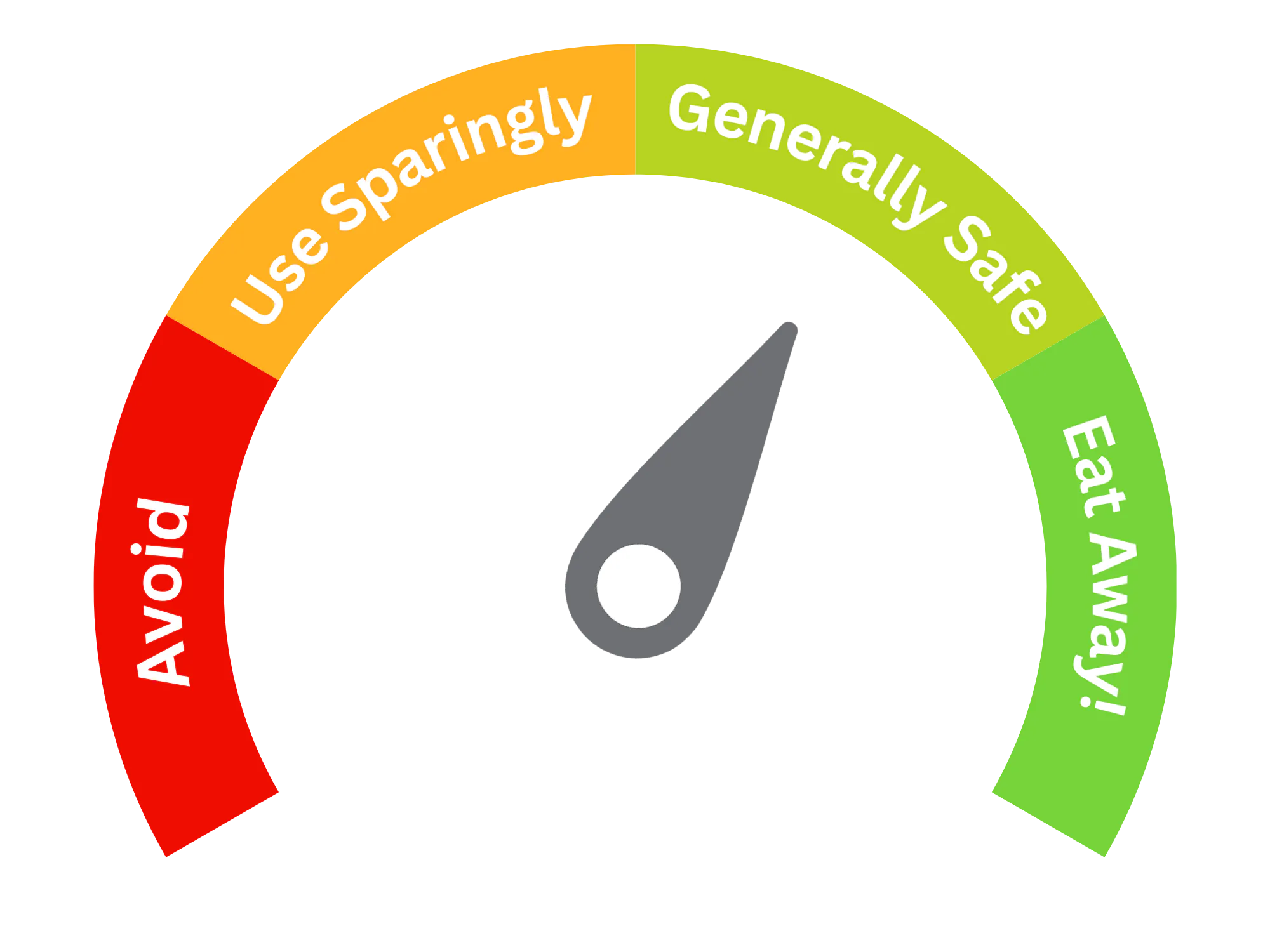Sodium Malates (E350)
| Type of additive (Glossary) | Acidity Regulators Humectants Stabilizers |
| E Number | E350 |
| Also Known As | E350 (i) Sodium malate E350 (ii) Sodium hydrogen malate |

Purpose and Function
Sodium Malates (E350) are used in the food industry as acidity regulators and stabilizers. They help control the pH of food products, improve flavor, and maintain the quality of various foods. Common applications include:
- Beverages: Used to regulate acidity and enhance the flavor of soft drinks, fruit juices, and sports drinks.
- Baked goods: Helps stabilize the texture and improve the quality of baked products such as cakes and pastries.
- Confectionery: Improves the texture and taste of sweets and candies.
- Dairy products: Used to maintain the texture and quality of dairy items like yogurt and cheese.
- Processed fruits and vegetables: Helps to preserve the color and improve the flavor profile.
Sodium Malates (E350) are derived from malic acid, which naturally occurs in many fruits, and are used for their acidity-regulating and stabilizing properties.
Potential Risks and Side Effects
E350 is generally considered safe when used within regulated limits. Some considerations include:
- Sodium content: Those on a low-sodium diet should be aware that sodium malates contribute to overall sodium intake.
- Digestive effects: In large amounts, sodium malates may cause mild digestive discomfort, such as nausea or diarrhea, although this is rare at typical food additive levels.
- Regulatory approval: Sodium Malates (E350) are approved for use in many countries, including the European Union, where they are considered safe and widely used in food products.
Overall, Sodium Malates (E350) are regarded as safe food additives with multiple functional benefits in regulating acidity and stabilizing food products.
